G20-finance-ministers-meeting-in-Baden-Baden-southern-Germany.jpg" />
German Finance Minister Wolfgang Schaeuble speaks during a news conference during the G20 finance ministers meeting in Baden-Baden, southern Germany.
Baden-Baden, Germany, 20 Jumadil Akhir 1438/19 March 2017 (MINA) – Finance ministers from world’s biggest economies have dropped an anti-protectionist commitment after opposition from the US, news agencies reported.
In an unprecedented move, G20 ministers left the two-day meeting without a pledge to bolster free trade.
Also Read: Saudi Arabia Wins Bid to Host World Expo 2030
Last year, the group of the world’s 20 largest economies vowed to “resist all forms of protectionism”.
Since President Donald Trump has taken office, he has been vocal in pursuing an “America First” policy and has warned firms would face “consequences” if they moved business operations abroad.
A commitment to financing action on climate change has also been dropped from the joint statement, after the US and Saudi Arabia opposed the reference to climate change funding in the agreement.
The leaders did though, reaffirm a commitment to refrain from competitive currency devaluation.
Also Read: 148 Products from Indonesia Promoted at Sarawat Superstore Jeddah
Wolfgang Schaeuble, the finance minister of host country Germany, argued that it was not true that officials failed to find common ground. “It’s completely clear we are not for protectionism. But it wasn’t clear what one or another meant by that,” he said. (T/RS5/RS1)
Mi’raj Islamic News Agency (MINA)
Also Read: Packaging Industry Supports Halal Ecosystem





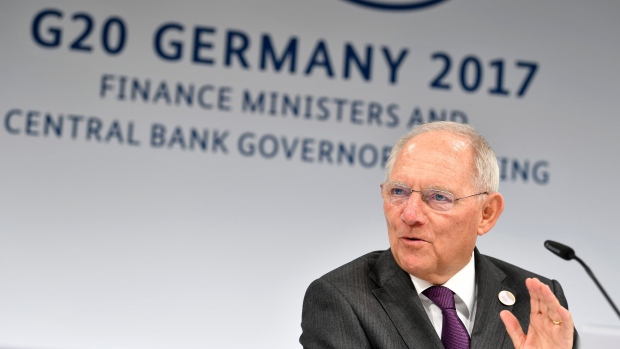










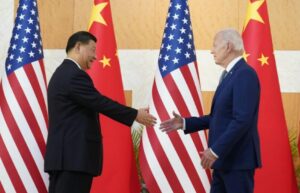
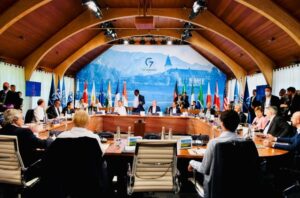

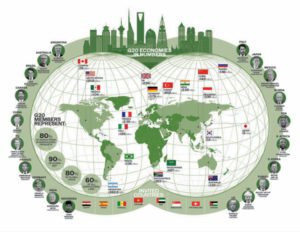
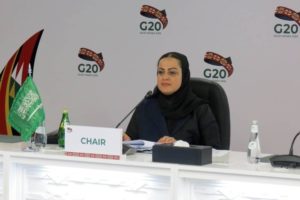












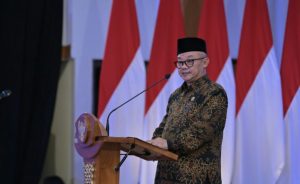



 Mina Indonesia
Mina Indonesia Mina Arabic
Mina Arabic